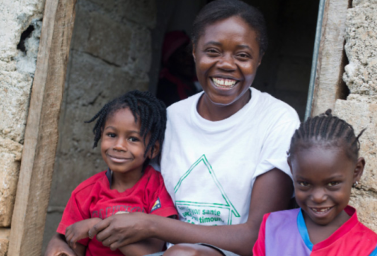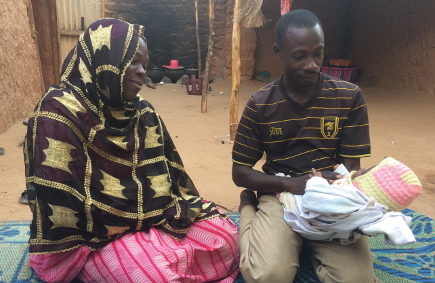Many adolescent girls—the poorest girls in the poorest communities—already live in an “emergency.” Humanitarian crises only amplify the call on their coping and caring capacities, while exacerbating their vulnerabilities. The frequency and intensity of emergencies, including natural disasters, conflicts, and infectious disease outbreaks such as Ebola, are growing. These emergencies threaten entire communities and whole countries, often with global implications. Many become virtually permanent. The Population Council is a founding member in the Girls in Emergencies Collaborative, which works with girls immediately after natural event disasters or in protracted conflict settings. The collective published a Statement and Action Agenda, outlining efforts to serve the needs of adolescent girls in emergencies.

